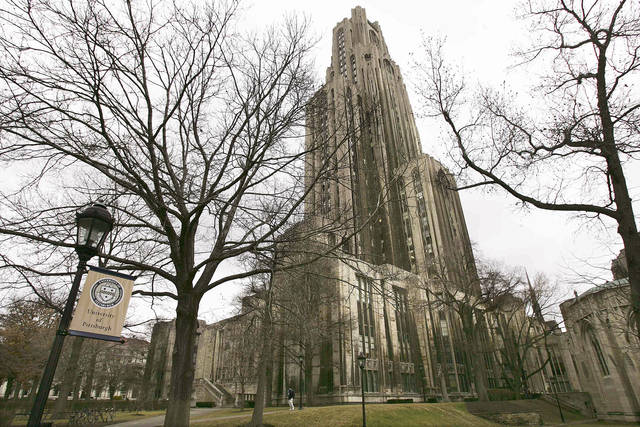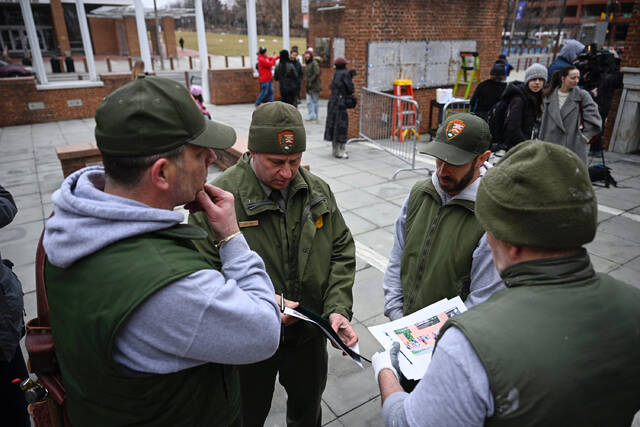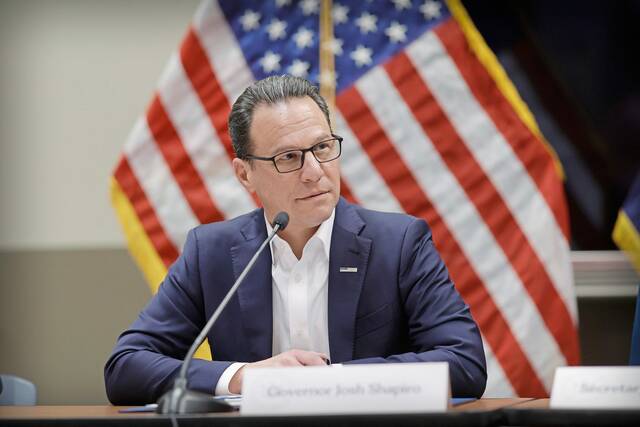Pennsylvania colleges and universities looking to update their policies on reporting sexual assault might want to look to the University of Pittsburgh.
Pitt made significant revisions to its policies on reporting sexual assault and harassment more than three years ago. It is among several colleges and universities that had similar policies in place well before Gov. Tom Wolf signed two bills last week that gave them a year to adopt systems to allow anonymous online complaints of sexual assault.
The schools must also adopt policies to exempt students who report sexual assault from being disciplined for violating other policies, such as drug and alcohol use.
Katie Pope, Title IX Coordinator at Pitt, said students there were quick to adopt and use the online reporting platform for sexual assault, harassment and discrimination complaints that the university launched in 2015. The platform includes provisions for students to report anonymously or include their names.
The reports go directly to Pope’s inbox.
“I would say about one-third to one-fourth of the complaints we receive are anonymous,” Pope said.
All reports are investigated. Pope said even anonymous reports can enhance awareness of problems at Pitt and help officials gain a better understanding of the issues surrounding sexual assault and harassment.
Pitt also has a policy that exempts anyone making a good faith report of sexual assault from being penalized for drug or alcohol violations, said Pitt spokesman Kevin Zwick.
Student support for such measures was evident at a rally at Pitt three years ago when more than 1,000 students stood in line for two hours to hear then Vice President Joe Biden rally support for changes in campus culture on sexual assault.
Like their counterparts at Pitt, students and officials at Temple and Penn State rallied around similar changes. Penn State adopted anonymous reporting platforms in 2012, in the wake of the Jerry Sandusky child sexual abuse scandal; Temple adopted such policies in 2017.
Both Indiana University of Pennsylvania and California University of Pennsylvania have long had systems for lodging anonymous complaints with campus police, spokeswomen for those institutions said.
Robert Morris University, a private college in Moon, also has had such policies in place for several years, said RMU spokesman Jonathan Potts.
Wolf, who launched a statewide “It’s On Us” program, encouraging bystanders to step up to halt assault on campus several years ago, applauded Pennsylvania students who made such issues a priority and with lawmakers who saw fit to make them law.
“I commend the students and education leaders who embraced the need to change campus culture. Their tremendous efforts created the momentum for these new reforms to protect students,” Wolf said.
“It’s On Us” emerged as a national movement in the latter years of the Obama administration, when studies suggested as many as one in five women experience some form of sexual assault in college.
Tracey E. Vitchers, executive director of “It’s On Us,” applauded Pennsylvania lawmakers for supporting the new laws.
She said victims of sexual violence tend to report their assault more quickly when they can report anonymously.
“Sexual violence knows no political affiliation. It does not discriminate. It affects each and every one of us — whether we ourselves are survivors or we know and love a survivor,” Vichters said.
Pennsylvania included $1 million in this year’s state budget to continue funding grants for “It’s On Us” initiatives at colleges and universities across the state.








